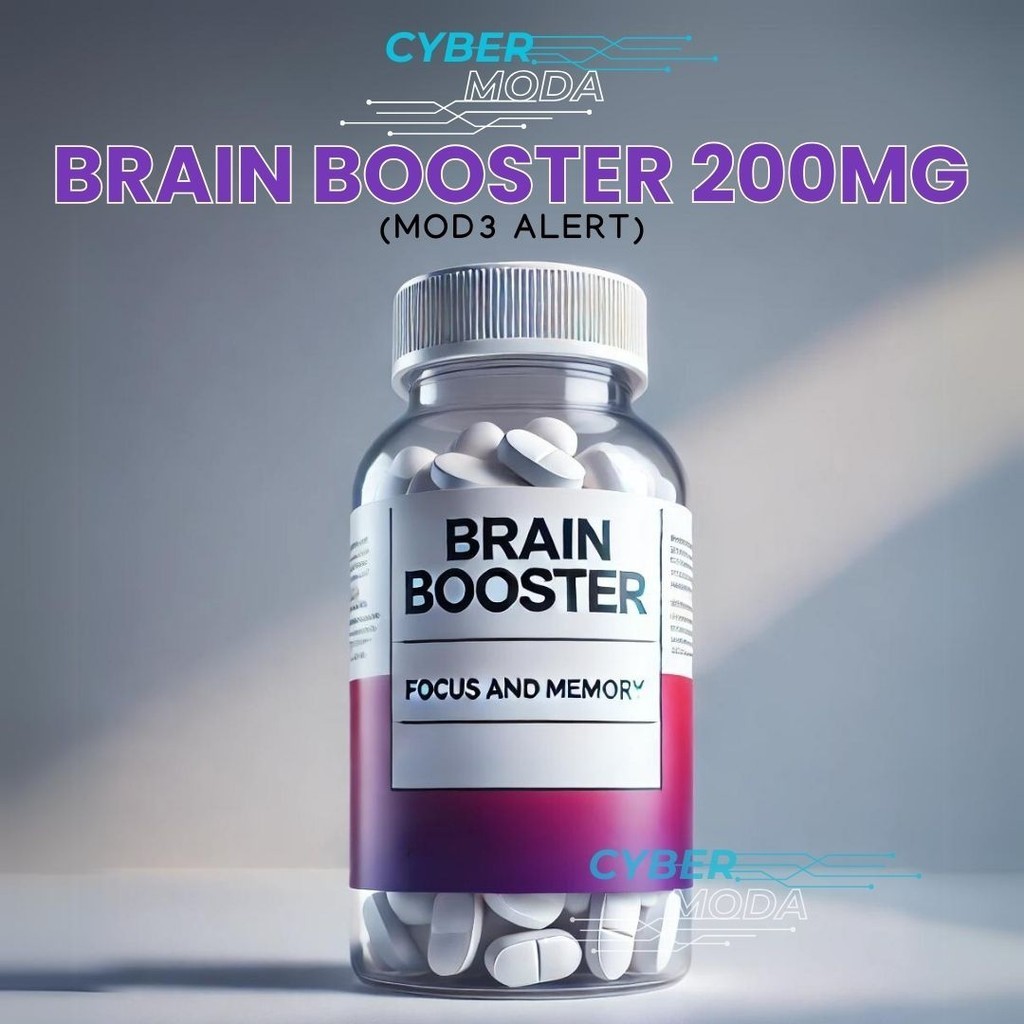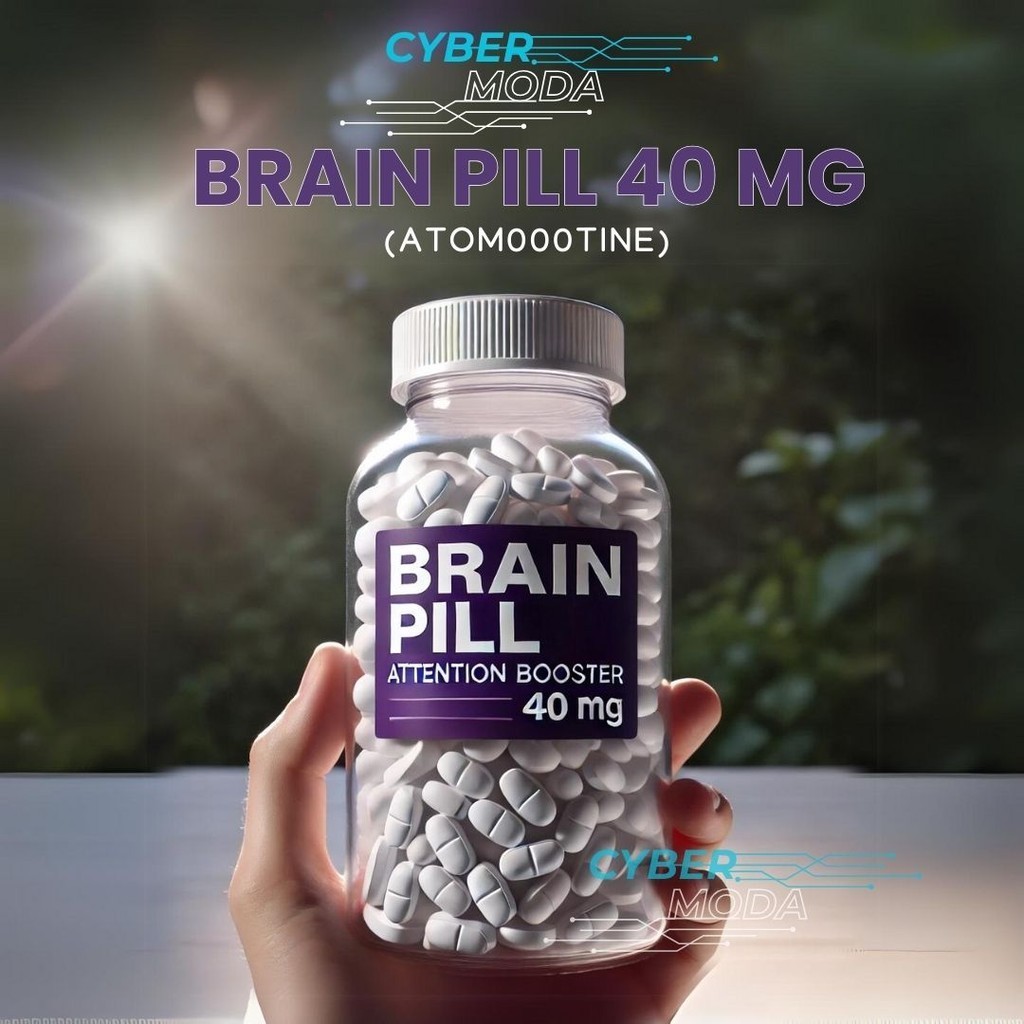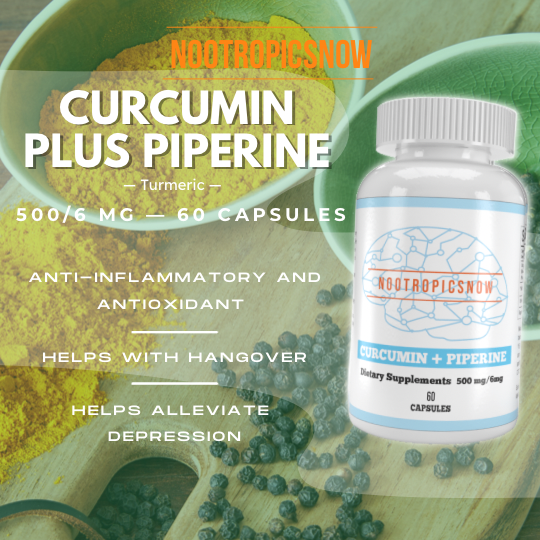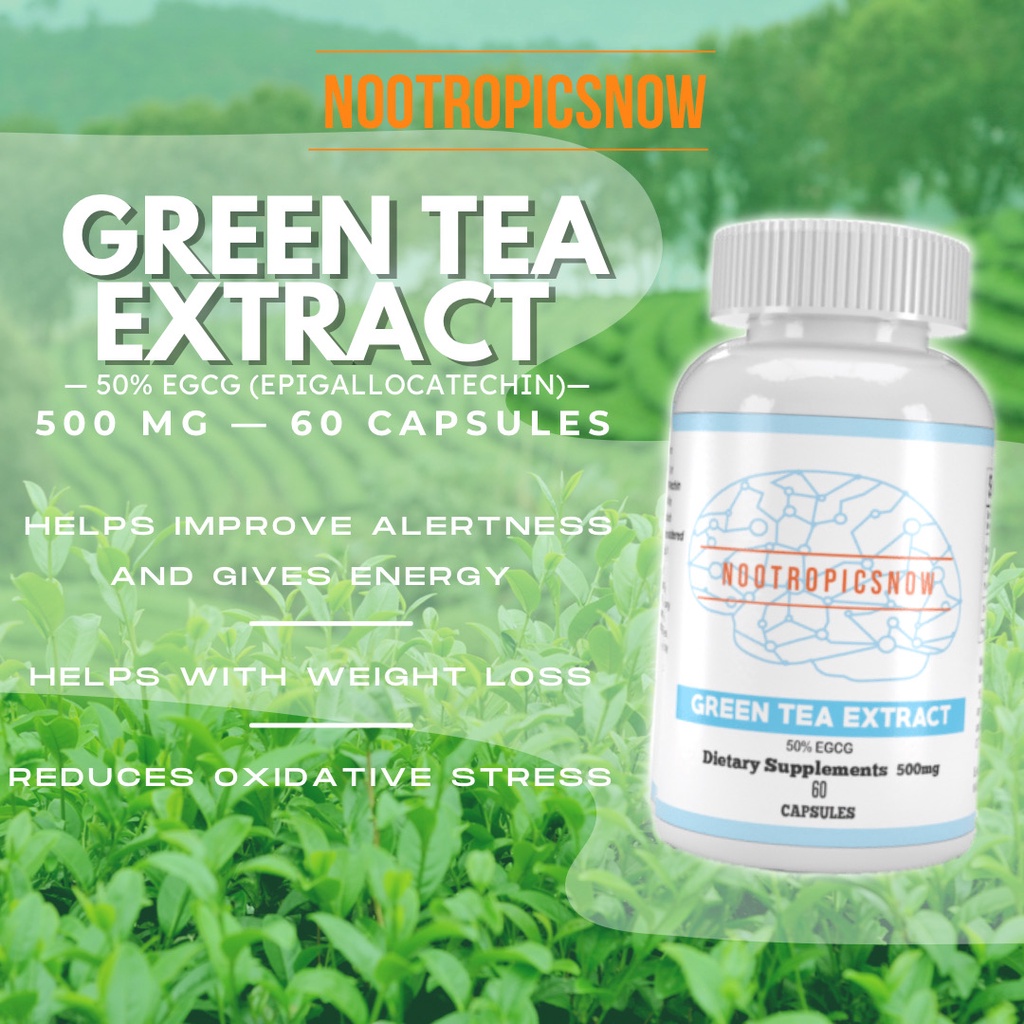Memory Enhancer Vitamins: Boost Your Brain

Memory Enhancer Vitamins: A Comprehensive Guide
Cognitive decline is a growing concern as the global population ages. While factors like genetics and lifestyle contribute, incorporating specific vitamins and nutrients into your diet can significantly support and enhance memory. This comprehensive guide explores the essential memory enhancer vitamins, their benefits, food sources, and important considerations. Understanding these nutrients empowers you to take proactive steps toward maintaining optimal cognitive function.
Understanding the Brain-Boosting Power of Vitamins
Vitamins play pivotal roles in numerous bodily functions, including cognitive processes. They act as catalysts for enzymatic reactions, support neurotransmitter synthesis, and protect brain cells from damage. Deficiencies in certain vitamins can impair cognitive function, leading to memory problems, difficulty concentrating, and even increased risk of neurodegenerative diseases. Subsequently, ensuring adequate intake of memory enhancer vitamins is paramount for sustained brain health.
Top Memory Enhancer Vitamins and Nutrients
Several vitamins and nutrients are particularly beneficial for memory and cognitive function. These include B vitamins, Vitamin C, Vitamin D, Vitamin E, omega-3 fatty acids, magnesium, and zinc. Let’s delve into each of these in detail:
1. The Vitamin B Family: Fueling Cognitive Function
The Vitamin B complex is not just one, but a family of eight essential nutrients, each contributing uniquely to brain health. They work synergistically to support energy production, nerve function, and neurotransmitter synthesis.
Vitamin B1 (Thiamine): Often called the “morale vitamin,” thiamine is vital for converting carbohydrates into glucose, which the brain uses for energy. A deficiency can lead to memory loss, confusion, and even Wernicke-Korsakoff syndrome. Whole grains, pork, legumes, and nuts are excellent sources. Therefore, include a variety of these foods in your diet.
Vitamin B2 (Riboflavin): Riboflavin is crucial for cellular energy production and protects the brain from oxidative stress. It acts as an antioxidant, scavenging harmful free radicals that can damage brain cells. Dairy products, eggs, lean meats, and green vegetables like spinach are rich in riboflavin. Hence, consuming these supports overall cellular function.
Vitamin B3 (Niacin): Niacin supports energy production and enhances brain cell communication. Furthermore, it can improve blood flow to the brain, ensuring optimal oxygen and nutrient delivery. Poultry, fish, peanuts, and fortified cereals are good sources. Therefore, include these foods for enhanced cognitive performance.
Vitamin B6 (Pyridoxine): Pyridoxine is a key player in neurotransmitter synthesis, including serotonin, dopamine, and norepinephrine, all vital for mood regulation and cognitive function. Chickpeas, salmon, tuna, and potatoes are good sources. Consequently, consuming these ensures sufficient neurotransmitter production.
Vitamin B9 (Folate): Folate is crucial for brain development and function, particularly during pregnancy. It supports DNA synthesis and cell growth, essential for brain cell regeneration. Leafy green vegetables like spinach and kale, as well as lentils and fortified grains, are excellent sources. Therefore, incorporating these into the diet is highly beneficial.
Vitamin B12 (Cobalamin): Cobalamin is essential for nerve function and the formation of myelin, the protective sheath around nerve fibers. A deficiency can lead to cognitive impairment, memory loss, and even neurological damage. It is primarily found in animal products like meat, fish, eggs, and dairy. Vegans and vegetarians may need to supplement. Thus, monitoring B12 levels is crucial, especially for those avoiding animal products.
The B Vitamin Connection to Homocysteine: High levels of homocysteine, an amino acid, have been linked to cognitive decline. B vitamins, especially folate, B6, and B12, help regulate homocysteine levels. Maintaining optimal levels supports overall brain health. Consequently, ensuring adequate B vitamin intake becomes even more critical.
B Vitamin Supplementation: While obtaining B vitamins through diet is ideal, supplementation may be necessary, especially for individuals with absorption issues or dietary restrictions. A comprehensive B complex supplement ensures you get all the essential B vitamins in adequate amounts.
2. Vitamin C: The Antioxidant Powerhouse for Brain Protection
Vitamin C is a powerful antioxidant that protects brain cells from damage caused by free radicals. It also plays a vital role in neurotransmitter synthesis and collagen production.
Antioxidant Protection: Free radicals are unstable molecules that can damage cells, contributing to aging and cognitive decline. Vitamin C neutralizes these free radicals, protecting brain cells from oxidative stress. This protective effect is crucial for maintaining cognitive function.
Neurotransmitter Synthesis: Vitamin C is involved in the synthesis of several neurotransmitters, including dopamine and norepinephrine, which are essential for mood, motivation, and cognitive function. Adequate Vitamin C levels support optimal neurotransmitter production.
Collagen Production: Collagen provides structural support to brain cells and blood vessels. Vitamin C is required for collagen synthesis, ensuring the integrity and function of the brain.
Food Sources of Vitamin C: Citrus fruits (oranges, lemons, grapefruits), berries (strawberries, blueberries, raspberries), bell peppers, broccoli, and spinach are excellent sources of Vitamin C. Consuming a variety of these foods ensures adequate intake.
Supplementation: While dietary sources are preferred, Vitamin C supplements are readily available. It’s generally safe to take up to 2000mg of Vitamin C daily, but it’s best to consult with a healthcare professional before starting supplementation.
3. Vitamin D: The Sunshine Vitamin for Cognitive Health
Vitamin D plays a critical role in brain development and cognitive function. It influences mood regulation, neuroprotection, and synaptic plasticity.
Neuroprotective Effects: Vitamin D protects brain cells from damage and supports their survival. It has anti-inflammatory properties that can help reduce inflammation in the brain, which is linked to cognitive decline.
Mood Regulation: Vitamin D is involved in the production of serotonin, a neurotransmitter that regulates mood. Low Vitamin D levels have been linked to depression and other mood disorders, which can negatively impact cognitive function.
Synaptic Plasticity: Synaptic plasticity is the brain’s ability to adapt and change over time, which is essential for learning and memory. Vitamin D supports synaptic plasticity, promoting optimal cognitive function.
Food Sources of Vitamin D: Fatty fish (salmon, mackerel, tuna), egg yolks, and fortified foods (milk, cereals) are good sources of Vitamin D. However, it can be challenging to obtain enough Vitamin D through diet alone.
Sunlight Exposure: The primary source of Vitamin D is sunlight exposure. When sunlight hits the skin, it triggers the production of Vitamin D. However, factors like skin pigmentation, latitude, and time of year can affect Vitamin D production.
Supplementation: Vitamin D supplements are widely available and often recommended, especially for individuals who don’t get enough sunlight exposure or have certain medical conditions. It’s important to get your Vitamin D levels checked and consult with a healthcare professional to determine the appropriate dosage.
4. Vitamin E: Protecting Brain Cells from Oxidative Stress
Vitamin E is a powerful antioxidant that protects brain cells from oxidative damage caused by free radicals. It supports cognitive function and may reduce the risk of Alzheimer’s disease.
Antioxidant Protection: Vitamin E neutralizes free radicals, preventing them from damaging brain cells. This protective effect is crucial for maintaining cognitive function and preventing age-related cognitive decline.
Cell Membrane Protection: Vitamin E protects the cell membranes of brain cells, which are essential for their structure and function. Maintaining the integrity of cell membranes is crucial for healthy brain function.
Cognitive Function: Studies have shown that higher Vitamin E levels are associated with better cognitive function, including memory and attention.
Food Sources of Vitamin E: Nuts (almonds, hazelnuts, peanuts), seeds (sunflower seeds), vegetable oils (wheat germ oil), and green leafy vegetables (spinach, kale) are excellent sources of Vitamin E.
Supplementation: Vitamin E supplements are available, but it’s important to choose the right form. Alpha-tocopherol is the most active form of Vitamin E in the body. It’s best to obtain Vitamin E through diet, but supplementation may be necessary for individuals with certain medical conditions or dietary restrictions.
5. Omega-3 Fatty Acids: Building Blocks for a Healthy Brain
Omega-3 fatty acids, particularly EPA (eicosapentaenoic acid) and DHA (docosahexaenoic acid), are essential for brain health. They support brain cell structure, communication, and have anti-inflammatory properties.
Brain Cell Structure: DHA is a major structural component of brain cell membranes, making up about 90% of the omega-3 fatty acids in the brain. It’s essential for the proper functioning of brain cells.
Communication Between Neurons: Omega-3 fatty acids enhance communication between neurons, improving cognitive function and memory. They also support the production of neurotransmitters, which are essential for brain function.
Anti-Inflammatory Properties: Omega-3 fatty acids have anti-inflammatory properties that can protect brain cells from damage. Chronic inflammation is linked to cognitive decline and neurodegenerative diseases.
Cognitive Function: Studies have shown that omega-3 fatty acids improve cognitive function, memory, and learning. They may also reduce the risk of Alzheimer’s disease and other neurodegenerative diseases.
Food Sources of Omega-3 Fatty Acids: Fatty fish (salmon, mackerel, tuna, sardines), flaxseeds, chia seeds, walnuts, and algae oil are excellent sources of omega-3 fatty acids. Aim to consume fatty fish at least twice a week.
Supplementation: Omega-3 supplements are widely available, typically in the form of fish oil or algae oil. The recommended dosage is typically 1000-2000mg of EPA and DHA per day. It’s important to choose a high-quality supplement and consult with a healthcare professional before starting supplementation.
6. Magnesium: Supporting Brain Function and Neuroplasticity
Magnesium is an essential mineral involved in hundreds of bodily functions, including brain function and neuroplasticity. It regulates neurotransmitter activity and supports nerve function.
Neurotransmitter Regulation: Magnesium regulates the activity of neurotransmitters, which are essential for brain function. It supports the production of serotonin, dopamine, and norepinephrine, which are involved in mood, motivation, and cognitive function.
Neuroplasticity: Magnesium promotes neuroplasticity, which is the brain’s ability to adapt and change over time. This is essential for learning and memory. Magnesium supports the formation of new synapses, which are the connections between brain cells.
Cognitive Function: Studies have shown that magnesium improves cognitive function, memory, and learning. It may also reduce the risk of age-related cognitive decline.
Food Sources of Magnesium: Leafy green vegetables (spinach, kale), nuts (almonds, cashews), seeds (pumpkin seeds, chia seeds), whole grains, and legumes are good sources of magnesium.
Supplementation: Magnesium supplements are available in various forms, including magnesium citrate, magnesium oxide, and magnesium glycinate. Magnesium glycinate is generally better absorbed than other forms. It’s important to consult with a healthcare professional before starting supplementation.
7. Zinc: Essential for Neurotransmitter Function and Brain Cell Signaling
Zinc is an essential mineral involved in neurotransmitter function, brain cell signaling, and brain development. It supports cognitive function, memory, and mood stability.
Neurotransmitter Function: Zinc is involved in the synthesis and function of neurotransmitters, including glutamate and GABA, which are essential for brain function. Glutamate is the main excitatory neurotransmitter in the brain, while GABA is the main inhibitory neurotransmitter.
Brain Cell Signaling: Zinc plays a role in brain cell signaling, which is the communication between brain cells. It supports the formation of new synapses and strengthens existing connections.
Cognitive Function: Studies have shown that zinc improves cognitive function, memory, and attention. It may also reduce the risk of age-related cognitive decline.
Food Sources of Zinc: Meat (beef, lamb), shellfish (oysters, crab), nuts (cashews), seeds (pumpkin seeds), and legumes (chickpeas, lentils) are good sources of zinc.
Supplementation: Zinc supplements are available, but it’s important to take them with food to avoid nausea. It’s also important not to take too much zinc, as it can interfere with the absorption of other minerals, such as copper. It’s best to consult with a healthcare professional before starting supplementation.
If you are looking for Zinc supplementation, consider the following product:

View Product
Optimizing Vitamin Intake for Memory Enhancement
While knowing which vitamins are beneficial is important, maximizing their impact requires strategic implementation.
Prioritize Whole Foods: The best way to obtain memory enhancer vitamins is through a balanced diet rich in whole foods. Focus on consuming a variety of fruits, vegetables, lean proteins, and healthy fats.
Consider Supplementation: Supplementation can be beneficial, especially if you have dietary restrictions or absorption issues. Choose high-quality supplements and consult with a healthcare professional before starting supplementation.
Monitor Your Levels: Get your vitamin levels checked regularly, especially Vitamin D and B12. This can help you identify any deficiencies and adjust your diet or supplementation accordingly.
Combine with a Healthy Lifestyle: Memory enhancer vitamins are most effective when combined with a healthy lifestyle. This includes regular exercise, adequate sleep, stress management, and mental stimulation.
Important Considerations and Potential Risks
Before starting any new supplement regimen, it’s crucial to consider potential risks and interactions.
Consult with a Healthcare Professional: Always consult with a healthcare professional before starting any new supplements, especially if you have any underlying medical conditions or are taking other medications.
Potential Interactions: Some vitamins and nutrients can interact with medications. For example, Vitamin E can increase the risk of bleeding in individuals taking blood thinners.
Excessive Intake: Taking too much of certain vitamins and nutrients can be harmful. For example, excessive intake of Vitamin A can be toxic. Follow the recommended dosage guidelines and consult with a healthcare professional.
Quality of Supplements: Not all supplements are created equal. Choose high-quality supplements from reputable brands. Look for supplements that have been third-party tested for purity and potency.
The Synergistic Effect of Memory Enhancer Vitamins
The true power of memory enhancer vitamins lies in their synergistic effect. They work together to support brain function, protect brain cells, and promote cognitive health. By incorporating a variety of these vitamins and nutrients into your diet and lifestyle, you can significantly enhance your memory and maintain optimal cognitive function throughout your life.
Beyond Vitamins: Holistic Strategies for Memory Enhancement
While vitamins play a crucial role, a holistic approach to memory enhancement encompasses various lifestyle factors.
Regular Exercise: Physical activity increases blood flow to the brain, promoting cognitive function and memory.
Adequate Sleep: Sleep is essential for memory consolidation and cognitive restoration.
Stress Management: Chronic stress can impair cognitive function. Practice stress-reducing techniques like meditation and yoga.
Mental Stimulation: Engage in activities that challenge your brain, such as puzzles, reading, and learning new skills.
Social Interaction: Social interaction stimulates the brain and promotes cognitive health.
By combining memory enhancer vitamins with these holistic strategies, you can create a comprehensive plan for maintaining optimal cognitive function and memory throughout your life.
Memory Enhancer Vitamins in 2024: Emerging Trends
The field of memory enhancement is constantly evolving. In 2024, new research continues to emerge, highlighting the importance of certain vitamins and nutrients, and exploring novel approaches to cognitive health.
Personalized Nutrition: The concept of personalized nutrition is gaining traction, with a focus on tailoring vitamin and nutrient intake to individual needs based on genetics, lifestyle, and health status.
Gut-Brain Connection: Research increasingly highlights the importance of the gut-brain connection, with studies exploring the role of gut bacteria in cognitive function and the potential benefits of probiotics for memory enhancement.
Combination Therapies: Researchers are exploring the potential benefits of combining memory enhancer vitamins with other cognitive-enhancing strategies, such as nootropics and brain training.
Many nootropics options are available; consider the following product:

View Product
Conclusion: Embracing a Proactive Approach to Memory Enhancement
Memory enhancer vitamins are a valuable tool in the fight against cognitive decline. By incorporating these essential nutrients into your diet and lifestyle, you can support brain function, protect brain cells, and promote optimal cognitive health. Remember, it’s not just about taking supplements; it’s about adopting a holistic approach that encompasses a balanced diet, regular exercise, adequate sleep, stress management, and mental stimulation. Take control of your cognitive health today and embrace a proactive approach to memory enhancement.
Memory Enhancer Vitamins: A Detailed Guide
Maintaining optimal brain health is paramount for overall well-being and cognitive performance. Several vitamins and nutrients play crucial roles in supporting memory, focus, and cognitive function. Consequently, understanding which memory enhancer vitamins are most effective and how to incorporate them into your diet is essential. This section offers a detailed exploration of these vital nutrients, providing insights into their benefits, food sources, and potential synergistic effects.
Essential Vitamins for Memory Enhancement
Certain vitamins are particularly beneficial for memory enhancement, supporting neuronal health and neurotransmitter function. Incorporating these vitamins into your daily regimen, either through diet or supplementation, can significantly improve cognitive performance.
1. B Vitamins: The Brain Boosters
The B vitamin complex is crucial for nerve function, energy production, and neurotransmitter synthesis. Consequently, adequate intake supports optimal brain health and cognitive performance.
Vitamin B1 (Thiamine): This vitamin plays a significant role in glucose metabolism, providing energy for brain cells. Thus, thiamine deficiency can lead to cognitive impairment. Good sources include whole grains, legumes, and pork.
Vitamin B2 (Riboflavin): As an antioxidant, riboflavin protects the brain from oxidative stress and supports healthy brain metabolism. Therefore, including riboflavin-rich foods, such as dairy, eggs, and leafy green vegetables, is essential.
Vitamin B3 (Niacin): Niacin is essential for energy production and cell communication in the brain. Additionally, niacin can help improve memory and cognitive function. Poultry, fish, and whole grains are excellent sources.
Vitamin B6 (Pyridoxine): Vitamin B6 supports neurotransmitter synthesis, including serotonin and dopamine, which are crucial for mood regulation and cognitive function. Foods rich in pyridoxine include bananas, avocados, and chickpeas.
Vitamin B9 (Folate): Folate is essential for brain development and function, particularly during periods of rapid growth. Consequently, adequate folate intake supports cognitive health. Leafy green vegetables, citrus fruits, and legumes are good sources.
Vitamin B12 (Cobalamin): Cobalamin is critical for nerve function and the production of myelin, a protective sheath around nerve fibers. Therefore, B12 deficiency can lead to neurological problems and memory loss. Sources include meat, fish, poultry, and fortified dairy products.
Therefore, ensure adequate intake of all B vitamins to support optimal brain health and cognitive performance.
2. Vitamin C: The Antioxidant Protector
Vitamin C is a powerful antioxidant that protects brain cells from damage caused by free radicals. Also, it supports neurotransmitter synthesis and collagen production, essential for brain structure and function. Moreover, vitamin C may help improve memory and cognitive function, especially in older adults. Consequently, prioritize foods rich in vitamin C, such as citrus fruits, berries, bell peppers, and broccoli.
3. Vitamin D: The Neuroprotective Agent
Vitamin D plays a crucial role in brain development, mood regulation, and neuroprotection. Additionally, it helps reduce the risk of depression and cognitive decline. Furthermore, vitamin D receptors are present in several brain regions, highlighting its importance for brain health. Sources of vitamin D include fatty fish (salmon, mackerel), egg yolks, and fortified foods. However, sun exposure is a primary source, but supplementation is often necessary to maintain adequate levels, especially during winter months.
4. Vitamin E: The Brain Cell Defender
Vitamin E is another potent antioxidant that protects brain cells from oxidative stress and damage. Furthermore, it helps maintain cognitive function and may reduce the risk of Alzheimer’s disease. Additionally, Vitamin E supports brain health by protecting cell membranes from free radical damage. Therefore, consider incorporating foods rich in vitamin E, such as almonds, sunflower seeds, hazelnuts, spinach, and broccoli.
Essential Minerals for Cognitive Function
Minerals are as crucial as vitamins in supporting cognitive function and memory. Several minerals play specific roles in brain health, including neurotransmitter function and nerve signal transmission.
1. Magnesium: The Cognitive Enhancer
Magnesium supports brain function by regulating neurotransmitter activity and promoting neuroplasticity, the brain’s ability to adapt and form new connections. Also, it is involved in over 300 enzymatic reactions in the body, including those vital for brain health. Magnesium deficiency can lead to cognitive problems, including memory loss and impaired learning. Sources include almonds, cashews, pumpkin seeds, chia seeds, brown rice, oats, spinach, and kale.
2. Zinc: The Neurotransmitter Regulator
Zinc is involved in neurotransmitter function and brain cell signaling. Furthermore, it plays a role in brain development and synaptic plasticity, the ability of synapses to strengthen or weaken over time in response to increases or decreases in their activity. Adequate zinc levels are essential for cognitive function, memory, and mood stability. Foods rich in zinc include meat (beef, lamb), shellfish (oysters, crab), dairy products, nuts (cashews), and legumes (chickpeas, lentils).
3. Iron: Fueling Brain Power
Iron carries oxygen in red blood cells. Therefore, iron is an essential component for optimal health. The brain uses about 20% of your blood supply, making it a vital organ. Also, it can affect various cognitive functions.
Cognitive Function: Iron deficiency can cause cognitive problems. Thus, sufficient iron levels can contribute to enhanced cognitive performance and better mental clarity.
Memory: Research suggests that iron plays a role in memory formation. Thus, maintaining adequate levels supports memory retention and recall.
Mood: Iron deficiency can contribute to fatigue, irritability, and depression, making it important to maintain adequate levels.
Additional Nutrients for Memory Enhancement
Beyond vitamins and minerals, other nutrients play vital roles in supporting cognitive function and memory.
1. Omega-3 Fatty Acids: The Brain Cell Builders
Omega-3 fatty acids are essential for maintaining the structure of brain cells and enhancing communication between neurons. Furthermore, they possess anti-inflammatory properties, protecting brain cells from damage. These fatty acids are linked to improved cognitive function, mood regulation, and a reduced risk of neurodegenerative diseases such as Alzheimer’s. Excellent sources include fatty fish (salmon, mackerel, sardines), flaxseeds, chia seeds, walnuts, and algae oil.
2. Choline: The Neurotransmitter Precursor
Choline is a precursor to acetylcholine, a neurotransmitter crucial for memory, learning, and muscle control. It helps maintain the structure and function of brain cell membranes and supports brain development. Sources include eggs, liver, soybeans, and beef. Choline is essential for cognitive function, and dietary intake can support memory and brain health.

View Product
Synergistic Effects of Memory Enhancer Vitamins
Combining certain memory enhancer vitamins and nutrients can produce synergistic effects, enhancing their individual benefits. For example, combining omega-3 fatty acids with vitamin D may provide greater neuroprotective benefits than either nutrient alone. B vitamins often work together to support brain function, and adequate intake of all B vitamins is crucial.
Dietary Sources and Supplementation
Obtaining memory enhancer vitamins through a balanced diet is ideal. However, supplementation may be necessary to meet individual needs, particularly if dietary intake is insufficient or if there are specific deficiencies. Before starting any supplementation regimen, it is essential to consult with a healthcare provider to determine the appropriate dosage and ensure safety.

View Product
Dietary Strategies for Memory Enhancement
Consume a balanced diet: Include a variety of fruits, vegetables, whole grains, lean proteins, and healthy fats to ensure adequate intake of essential vitamins and minerals.
Prioritize omega-3-rich foods: Incorporate fatty fish, flaxseeds, chia seeds, and walnuts into your diet to support brain health.
Increase intake of B vitamins: Eat plenty of whole grains, legumes, leafy green vegetables, and lean proteins to obtain sufficient B vitamins.
Stay hydrated: Drink plenty of water throughout the day to support brain function and overall health.
Considerations for Supplementation
Consult a healthcare provider: Discuss your individual needs and health conditions with a healthcare provider before starting any new supplements.
Choose high-quality supplements: Select supplements from reputable brands to ensure purity and potency.
Follow recommended dosages: Adhere to the recommended dosages to avoid potential side effects.
Monitor for any adverse effects: Pay attention to any changes in your health or cognitive function and report them to your healthcare provider.
Lifestyle Factors Enhancing Memory
In addition to vitamins and nutrients, lifestyle factors play a critical role in supporting memory and cognitive function. Regular physical exercise, mental stimulation, stress management, and adequate sleep are essential for maintaining brain health.

View Product
1. Regular Physical Exercise
Physical activity increases blood flow to the brain, promoting neuronal growth and synaptic plasticity. Aim for at least 30 minutes of moderate-intensity exercise most days of the week to support brain health.
2. Mental Stimulation
Engage in mentally stimulating activities, such as reading, puzzles, and learning new skills, to keep your brain active and challenged. Mental stimulation helps maintain cognitive function and may reduce the risk of cognitive decline.

View Product
3. Stress Management
Chronic stress can negatively impact brain function and memory. Practice stress-reducing techniques, such as meditation, yoga, and deep breathing exercises, to manage stress levels and support brain health.
4. Adequate Sleep
Sleep is essential for memory consolidation and cognitive function. Aim for 7-8 hours of quality sleep each night to allow your brain to rest and repair itself.
The Role of Specific Foods
Beyond specific vitamins and minerals, certain foods are particularly beneficial for memory and cognitive function.
1. Blueberries
Blueberries are rich in antioxidants and anti-inflammatory compounds, protecting brain cells from damage and improving cognitive function. Studies have shown that blueberries can enhance memory and attention.
2. Dark Chocolate
Dark chocolate contains flavonoids, antioxidants that improve blood flow to the brain and enhance cognitive function. Choose dark chocolate with a high cocoa content (70% or higher) to maximize the benefits.
3. Turmeric
Turmeric contains curcumin, a compound with potent anti-inflammatory and antioxidant properties. Curcumin can protect brain cells from damage and may improve memory and cognitive function.

View Product
4. Green Tea
Green tea contains antioxidants and L-theanine, an amino acid that promotes relaxation and improves cognitive function. Drinking green tea can enhance memory, attention, and focus.

View Product-Nootropic-Boost-Weight-Loss-Energy-Alert-NOT-TEA-i.202321183.7175517508)
2024 Trends in Memory Enhancement
The year 2024 has seen a surge in interest and advancements in memory enhancement strategies. Here are some key trends:
Personalized Nutrition: Tailoring dietary recommendations based on individual genetic profiles and nutrient deficiencies is gaining traction. This approach allows for a more targeted and effective memory enhancement strategy.
Nootropic Stacks: Combining multiple nootropics and supplements to enhance cognitive function is becoming increasingly popular. However, it’s crucial to approach these stacks with caution and consult with a healthcare provider to ensure safety and effectiveness.
Brain Training Apps: Cognitive training apps designed to improve memory, attention, and processing speed are becoming more sophisticated and personalized. These apps offer a convenient and engaging way to enhance cognitive function.
Increased Awareness of Gut-Brain Connection: Research highlighting the link between gut health and brain function is leading to increased interest in probiotics and prebiotics for memory enhancement. A healthy gut microbiome supports brain health and may improve cognitive function.
In conclusion, memory enhancer vitamins and nutrients play a crucial role in supporting brain health and cognitive function. By incorporating these essential vitamins and minerals into your diet, adopting healthy lifestyle habits, and exploring new advancements in memory enhancement strategies, you can significantly improve your memory and overall cognitive performance. Always consult with a healthcare provider before starting any new supplementation regimen to ensure safety and effectiveness.

View Product-mood-anxiety-stress-mental-health-i.202321183.17830742615)







